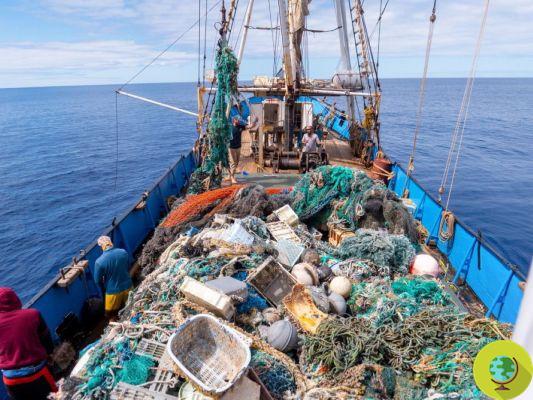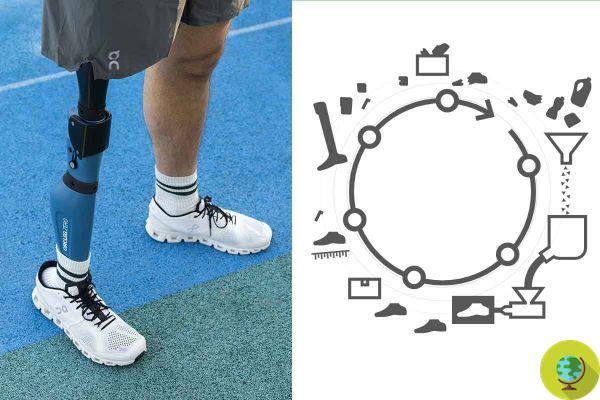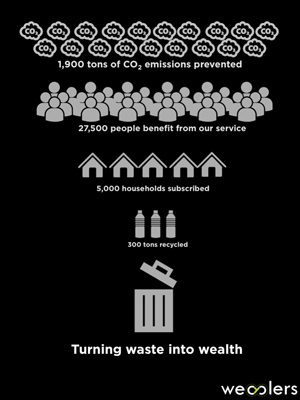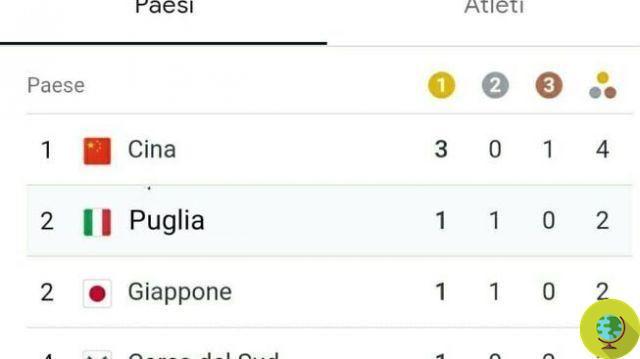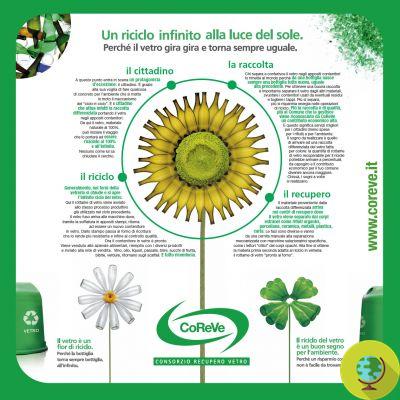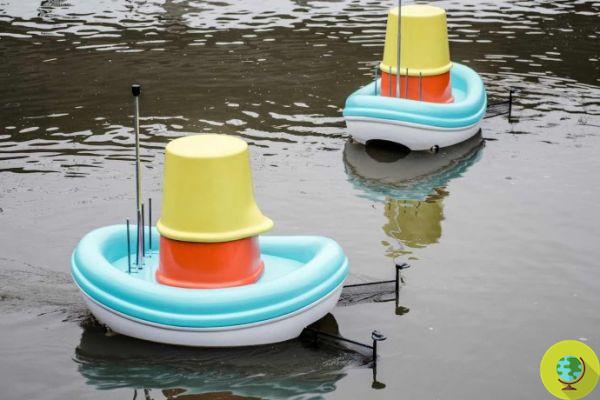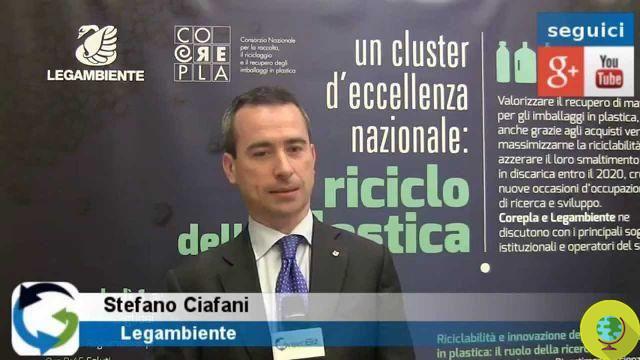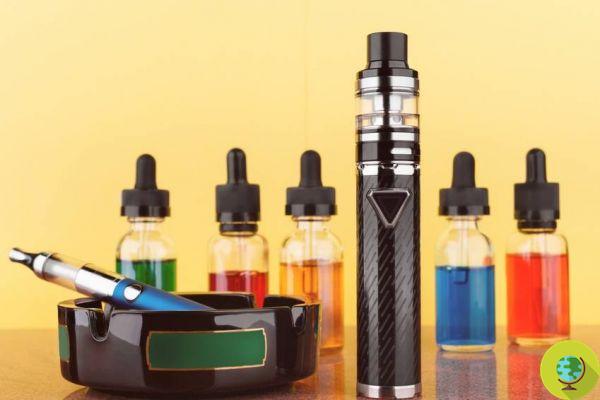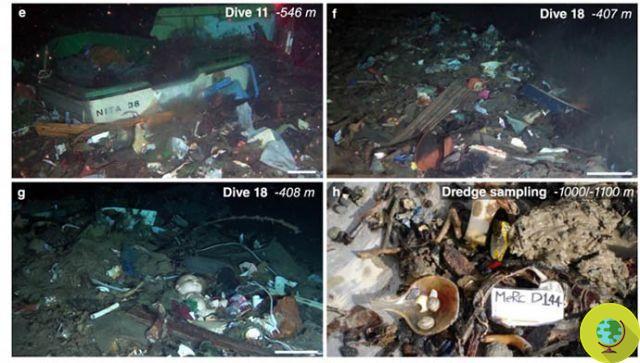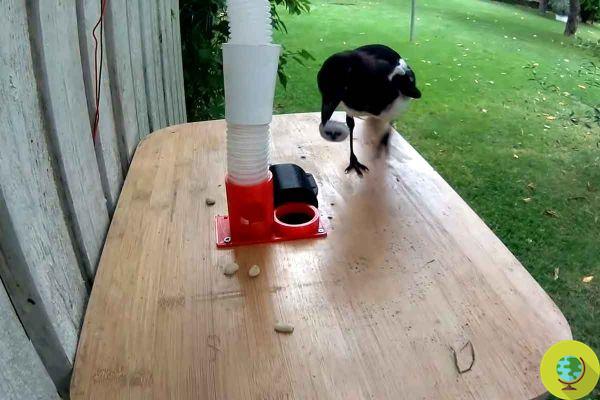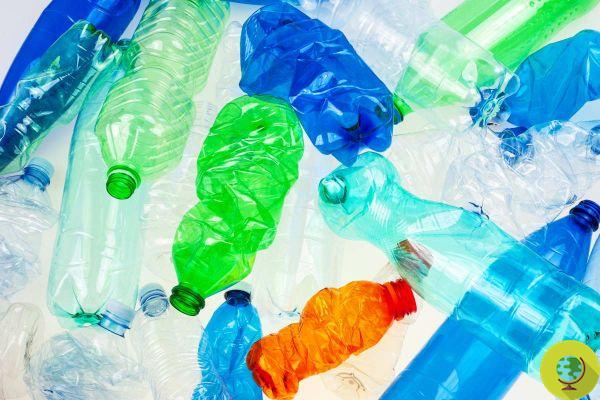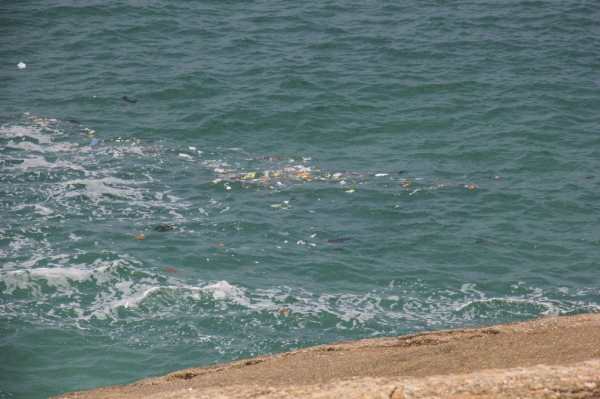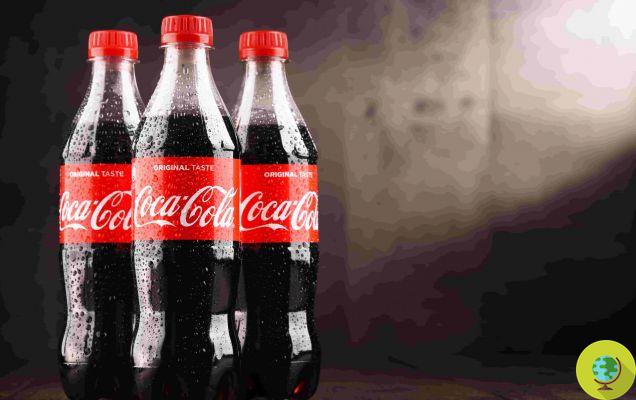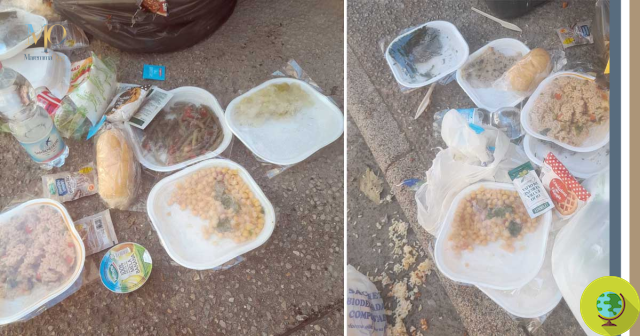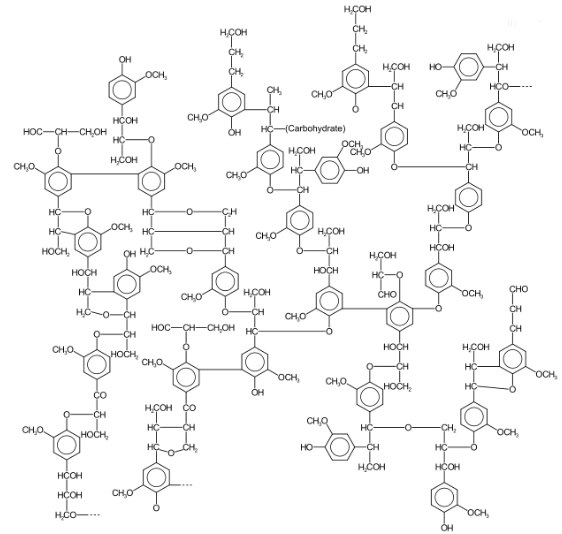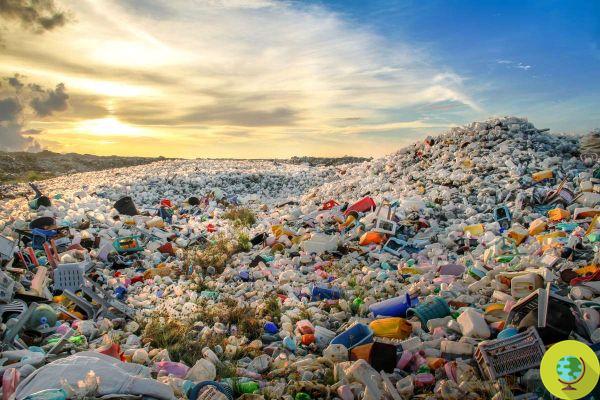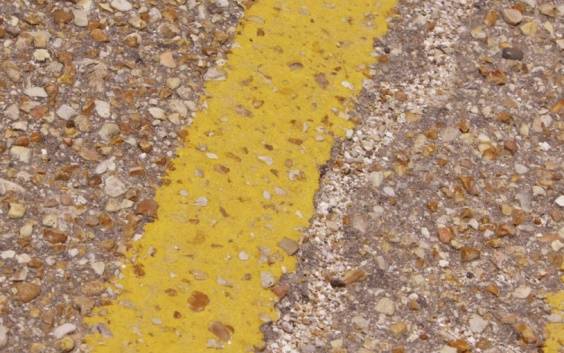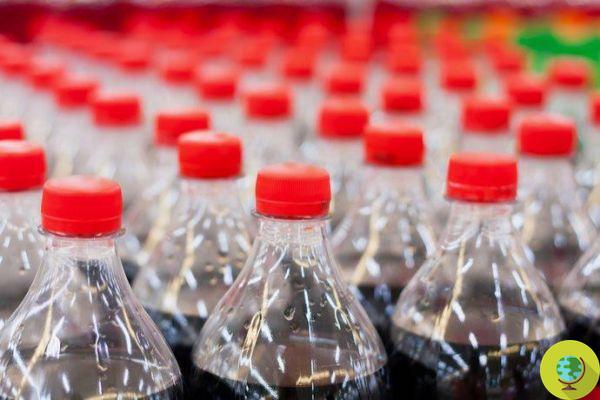
It announced its intention to radically change its approach to packaging, with the aim of collecting and recycling 100% of its packaging worldwide by 2030. So Coca Cola promises to fight plastic pollution. But there are those who think that it is smoke in the eyes and that this will not be enough to remedy and reduce waste. In recent days, the Coca Cola Company has announced the new packaging policies thanks to a multi-year investment. "The world has a packaging problem and, like all companies, we have a responsibility to help solve it," said James Quincey, President and CEO of The Coca-Cola Company. "We are investing in our planet and our packaging to help make this problem a thing of the past." What does the new Coca Cola policy envisage? According to the company, by 2030 for every bottle or can sold globally, efforts will be made to compensate for the waste produced and to support the collection of packaging throughout the sector, including bottles and cans from other companies. To achieve its collection target, Coca-Cola Company has assured that it will work to make all of its packaging 100% recyclable globally. "By 2030, the Coca-Cola system also aims to produce bottles with an average percentage of recycled content of 50%. The goal is to establish a new global standard for beverage packaging "reads the official statement. But Greenpeace has strongly criticized Coca-Cola's new global plastics plan, accusing it of failing to address the urgency of ocean pollution. Coca-Cola produces over 110 billion disposable plastic bottles every year, according to Greenpeace analysis. Their use by the company increased by 12% between 2008 and 2015 while that of reusable containers decreased from 31 to 25% in the same period. For this, the long-awaited policy of the world's largest soft drink house has weaker measures than those previously announced for Europe. In fact, the plan does not include any reduction in the use of single-use plastic bottles globally. Yet, being one of the largest in the world, it should set an example and lead the way. Greenpeace has asked Coca-Cola to switch to 100 percent recycled material as soon as possible. The association launched a campaign across five continents in 2017 to ask the company to phase out disposable plastics, introduce innovative reusable containers and delivery systems, and ensure all remaining packaging is 100% recycled. Over 585.000 people have signed the global petition which has already been delivered to the company. Greenpeace also carried out surveys of beaches and waterways to identify the worst contributors to plastic waste at the regional level.
He is about to end up run over, his mother saves him
It announced its intention to radically change its approach to packaging, with the aim of collecting and recycling 100% of its packaging worldwide by 2030. Thus Coca Cola promises to tackle plastic pollution. But there are those who think that it is smoke in the eyes and that this will not be enough to remedy and reduce waste.
In recent days, the Coca Cola Company has announced the new packaging policies thanks to a multi-year investment.
"The world has a packaging problem and, like all companies, we have a responsibility to help solve it", he said James Quincey, President and CEO of The Coca-Cola Company. "We are investing in our planet and our packaging to help make this problem a thing of the past."
What does the new Coca Cola policy envisage?
According to the company, by 2030 for every bottle or can sold globally, efforts will be made to compensate for the waste produced and to support the collection of packaging throughout the sector, including bottles and cans from other companies. To achieve its collection target, Coca-Cola Company has assured that it will work to make all of its packaging 100% recyclable globally.
“By 2030, the Coca-Cola system also aims to produce bottles with an average percentage of recycled content of 50%. The goal is to establish a new global standard for beverage packaging ”reads the official statement.
Ma Greenpeace strongly criticized Coca-Cola's new global plastics plan accusing it of not addressing the urgency of ocean pollution.
Coca-Cola produces over 110 billion disposable plastic bottles every year, according to Greenpeace analysis. Their use by the company increased by 12% between 2008 and 2015 while that of reusable containers decreased from 31 to 25% in the same period.
For this, the long-awaited policy of the world's largest soft drink maison has weaker measures than those previously announced for Europe. In fact, the plan does not include any reduction in the use of single-use plastic bottles globally. Yet, being one of the largest in the world, it should set an example and lead the way.
Greenpeace had already asked Coca-Cola to switch to 100 percent recycled material as soon as possible. The association launched a campaign across five continents in 2017 to ask the company to phase out disposable plastics, introduce innovative reusable containers and delivery systems, and ensure all remaining packaging is 100% recycled.
Over 585.000 people have signed the global petition which has already been delivered to the company. Greenpeace also carried out surveys of beaches and waterways to identify the worst contributors to plastic waste at the regional level. In the United States, 7.000 pieces of waste were collected in 31 cities and Coca-Cola was identified as one of the three worst producers of plastic pollution.
"At a time when companies should be working hard to reduce the use of single-use plastics, Coca-Cola is effectively increasing its production of plastics globally," said the campaign leader.
In the UK, Greenpeace activists delivered the petition to the company's London headquarters. The same thing also happened in Israel, Turkey and Canada.
“Although the announcement of Coca-Cola does not meet what is needed by one of the biggest brands in the world, together we have achieved a huge milestone, in less than a year, we have achieved that the world's largest soft drinks admits its role in oceanic plastic pollution, prompting it to develop a global bottle strategy ”continues Greenpeace UK.
READ also:
- Coca Cola produces one billion more plastic bottles every year. The Greenpeace accusation
- Plastic in the sea is a monster that must be stopped. The Greenpeace blitz in Malta
The association has assured that it will continue to keep Coca-Cola and other large users of disposable plastic under pressure to carry out the necessary policies to reduce plastic waste. To sign the petition and ask Coca Cola to say goodbye to plastic click here
Francesca Mancuso




